Timers are part of what make most traditional fighting games so intense. Knowing that you have only a certain amount of time to beat your opponent—even if you are playing on the defensive—is an important element to the competition.
But not all fighting game timers work the same way or even run at the same speed, which is something that fighting game veteran Ricky, better known in the fighting game community (FGC) as Infilament, decided to test out.
Infil has done several studies like this in the past, whether it be for frame data or other important aspects for different fighting games, even going on to create one of the definitive guides for Killer Instinct that took them several years to complete.
In their most recent project, Infil measured the timers in more than 150 different fighting games to see which games had clocks that were faster, equal to, or slower than real-time. They documented each entry with a representation of how many real-time seconds represent each in-game second, along with the starting time for each individual round from every game.



The results show that the Street Fighter series tends to skew much faster than real-time, with the original title equating just 0.3 real-time seconds to each second that passes on the 100 second round timer. Most Tekken, Dead or Alive, and Anime fighters run in real-time, along with a majority of SNK titles too.
Meanwhile, Marvel vs. Capcom players can now accurately justify the use of the popular phrase “Marvel Time,” since Marvel vs. Capcom 2: New Age of Heroes, 2.58 real-time seconds equal one second in-game.
Here are the top five results in both non-real-time categories as listed on the full research document.
Faster than real-time
- Street Fighter—0.3 seconds per real-time second
- Street Fighter 2: The World Warrior—0.5 seconds per real-time second
- Time Killers—0.5 seconds per real-time second
- Eternal Champions—0.5 seconds per real-time second
- Super Street Fighter 2 Turbo—0.52 seconds per real-time second
Slower than real-time
- Marvel vs. Capcom 2: New Age of Heroes—2.58 seconds per real-time second
- Jump Ultimate Stars—2.46 seconds per real-time second
- Marvel vs. Capcom Infinite—2.4 seconds per real-time second
- ClayFighter 63 ⅓—2.3 seconds per real-time second
- Tatsunoko vs. Capcom—2 seconds per real-time second
Infil does point out that none of this research is frame perfect, so there might be a few small errors for certain titles, and there might be slight differences between arcade and console releases for older titles. All tests were done using a stopwatch over 10 seconds of unaltered in-game footage with no super freeze, lag, or impacting factors at work.
Some fun facts he noted following his research are that Tekken Tag is the only Tekken game that doesn’t run at real-time, Darkstalkers 1 and 2 both run faster, but 3 is way slower than real-time, and the Soulcalibur series might all be equal, but each of the original four games have a different time value at the start of each round.
You can view a full outline of the more than 150 titles in the pastebin provided by Infil, and he has been talking about the various aspects of timers in fighting games and how they could be impacted on his Twitter following the original post outlining the project.






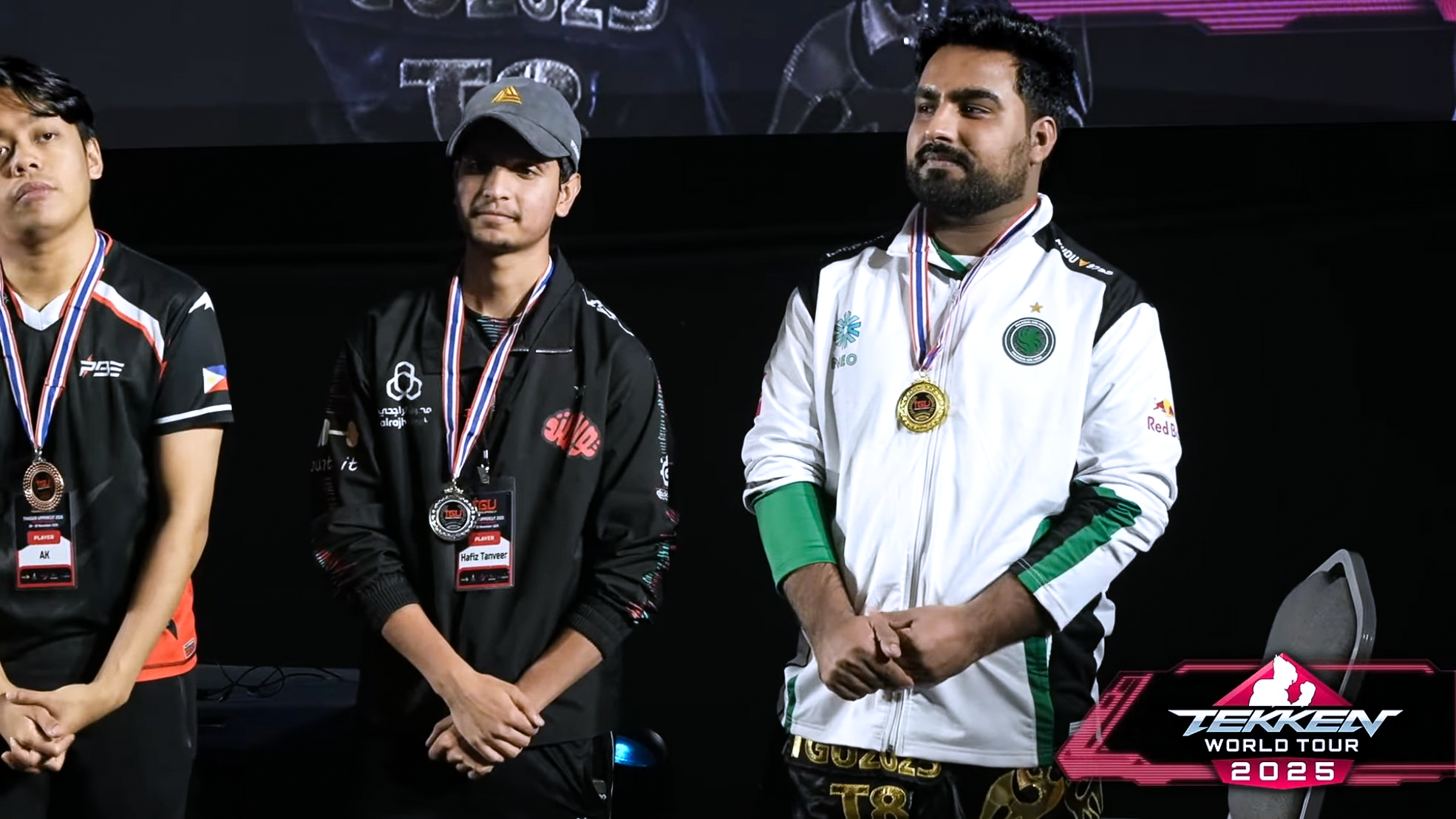
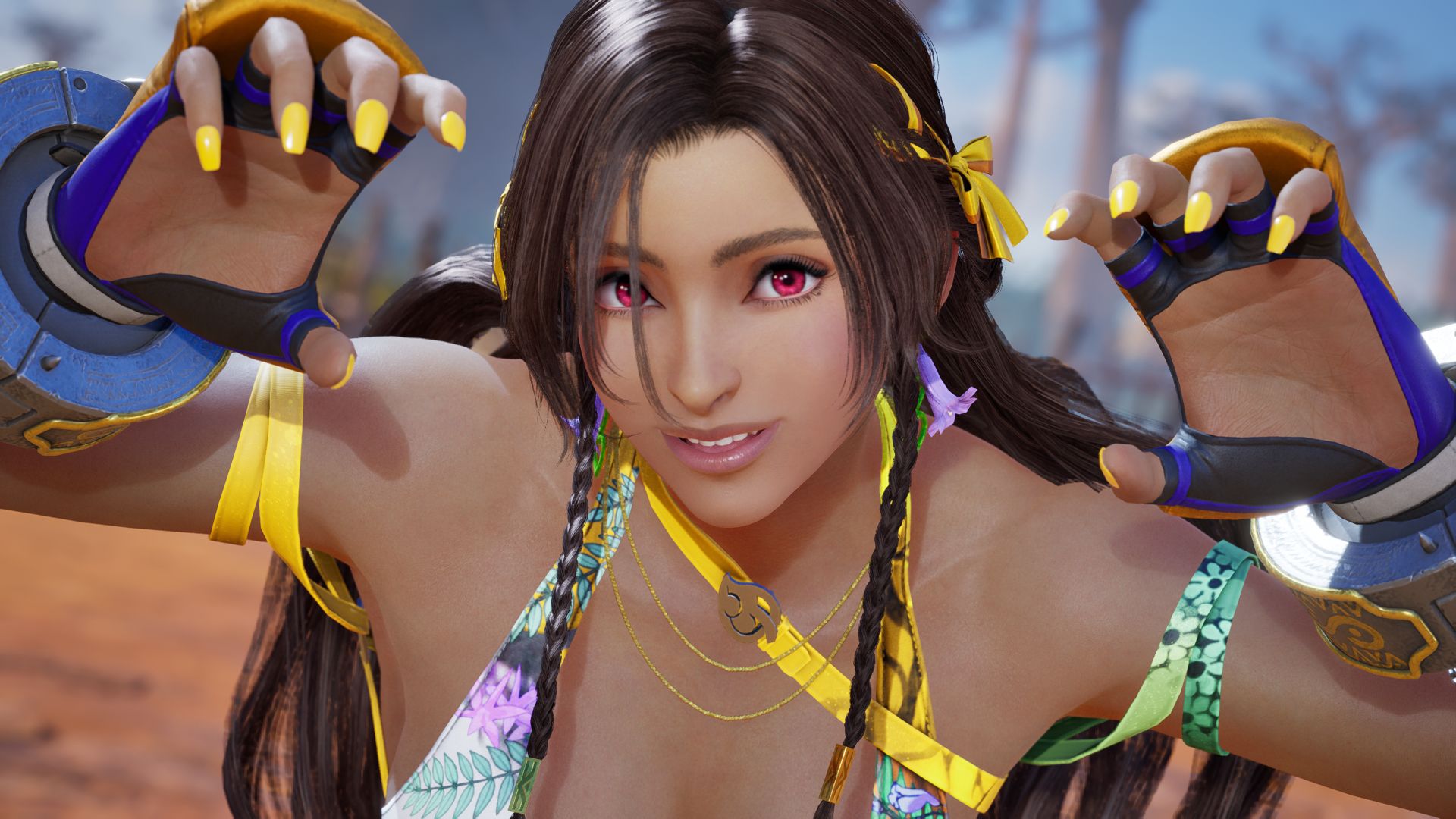
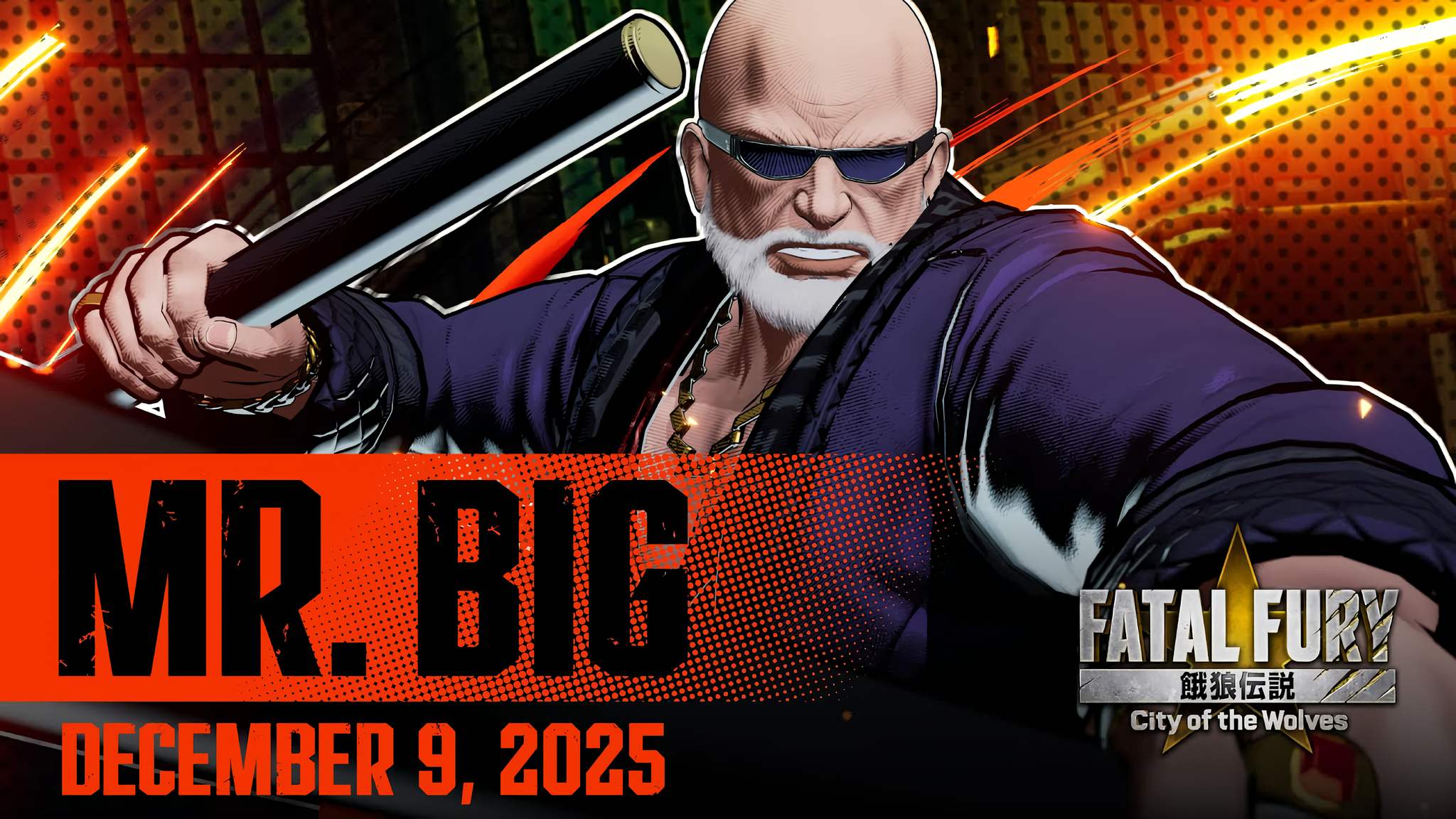
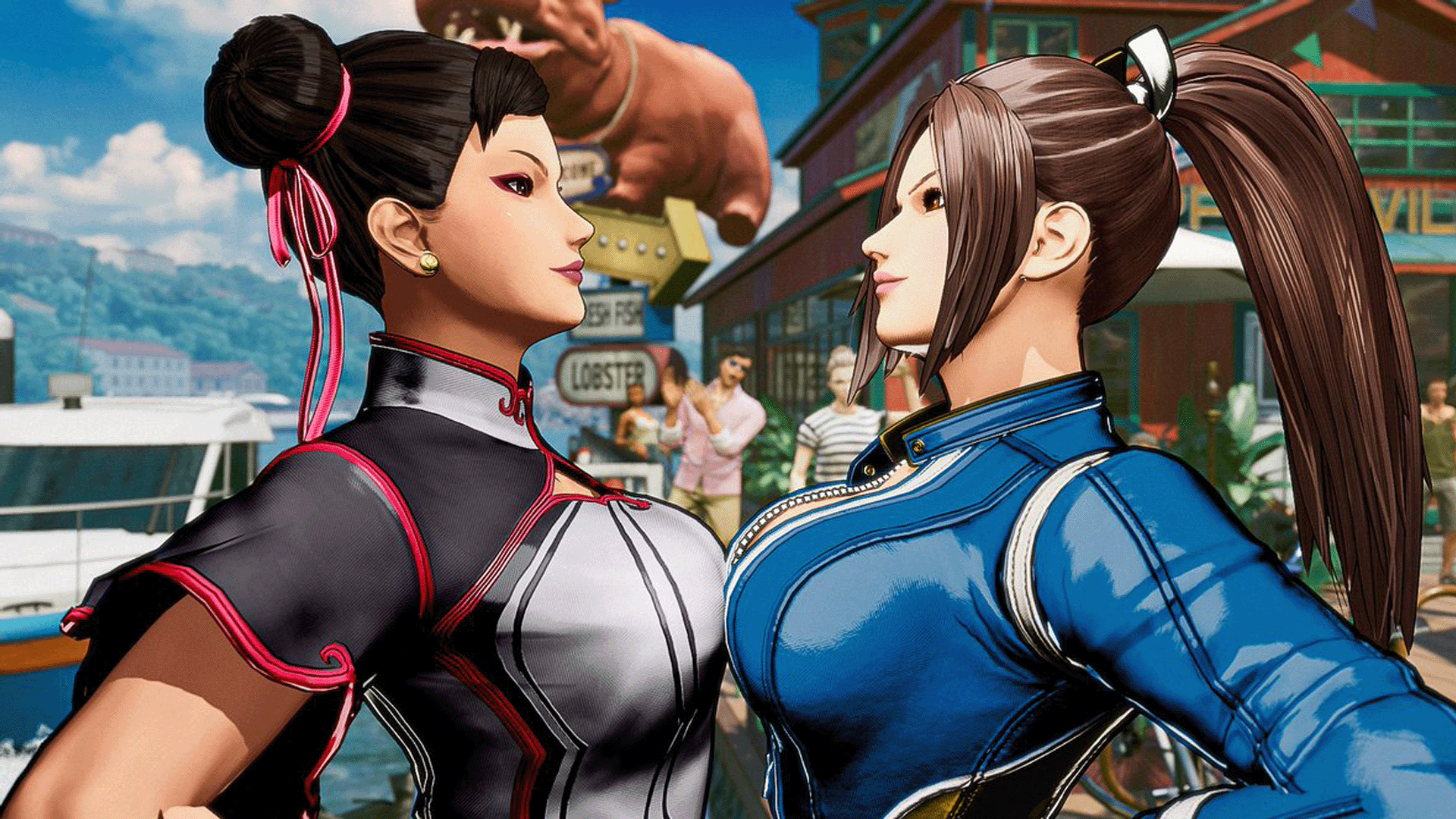
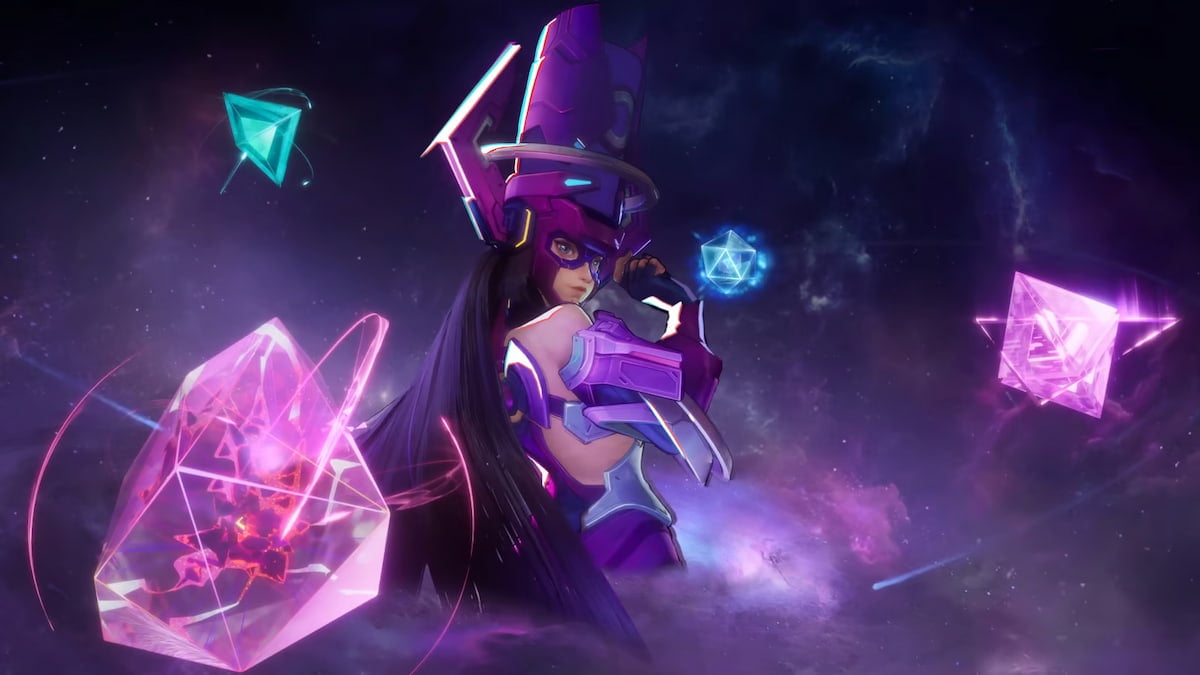
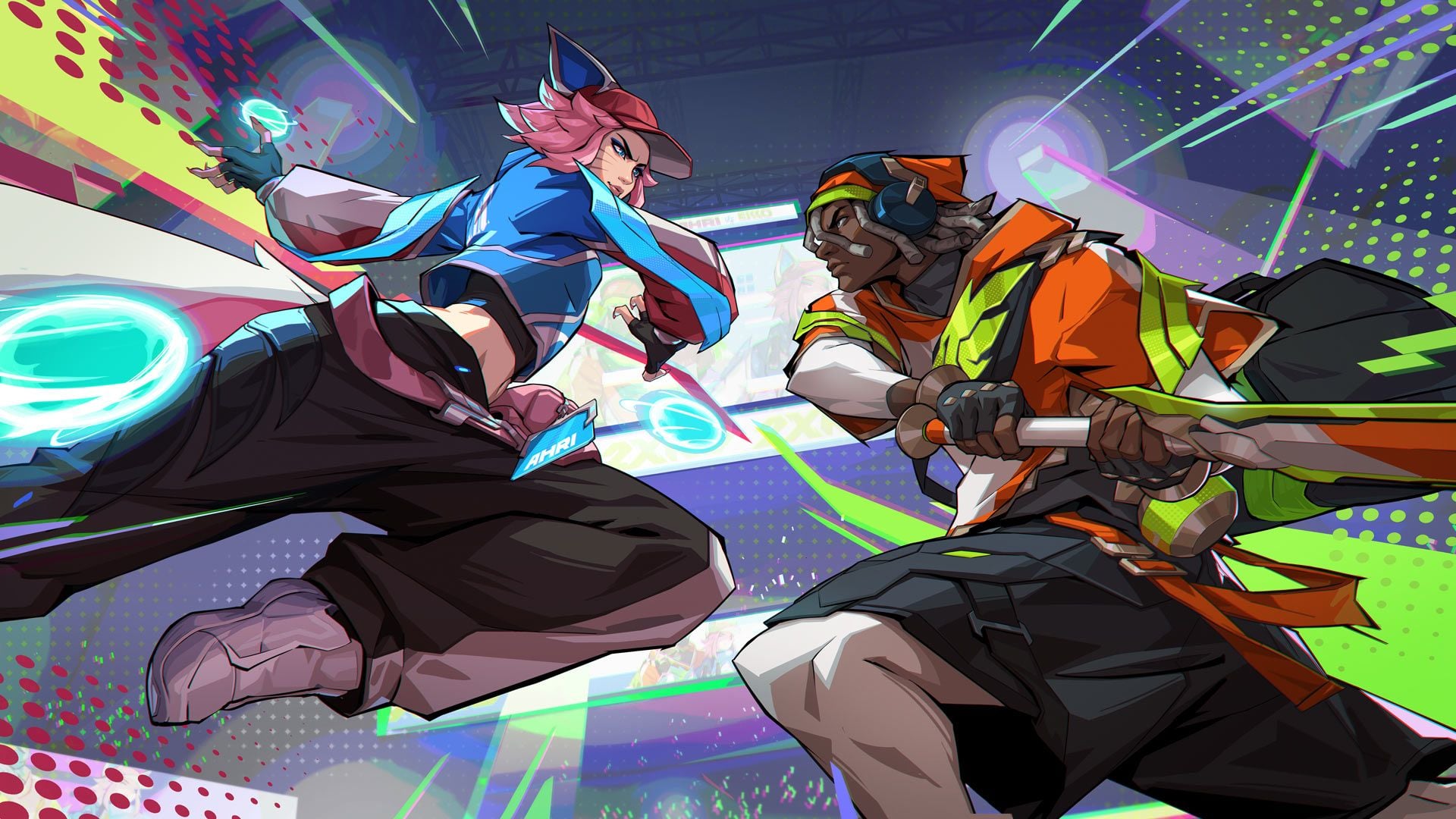

Published: May 2, 2020 10:08 pm